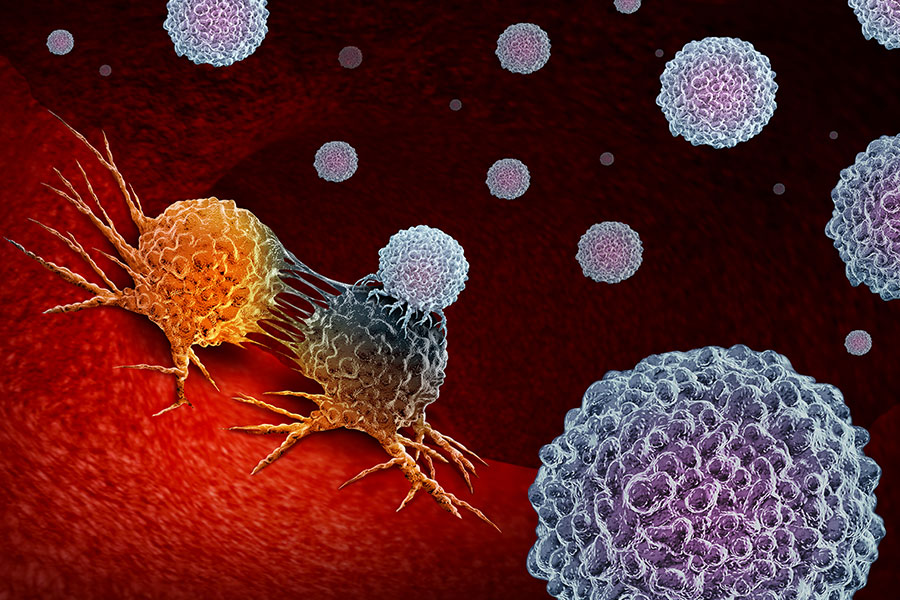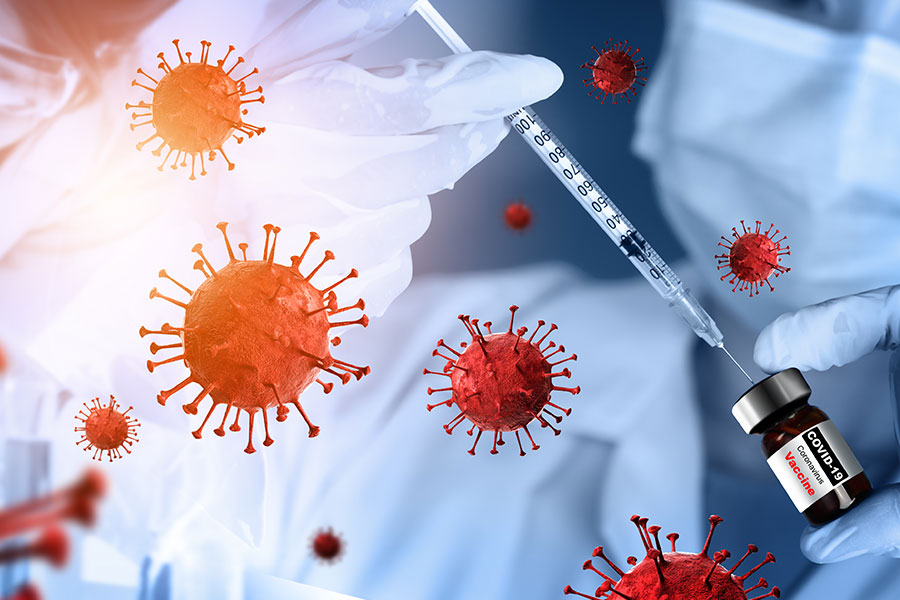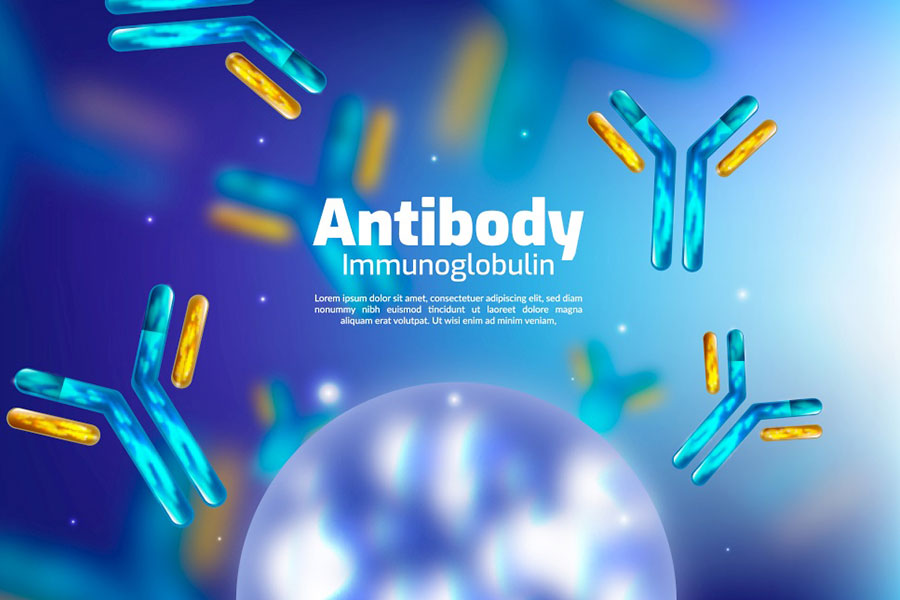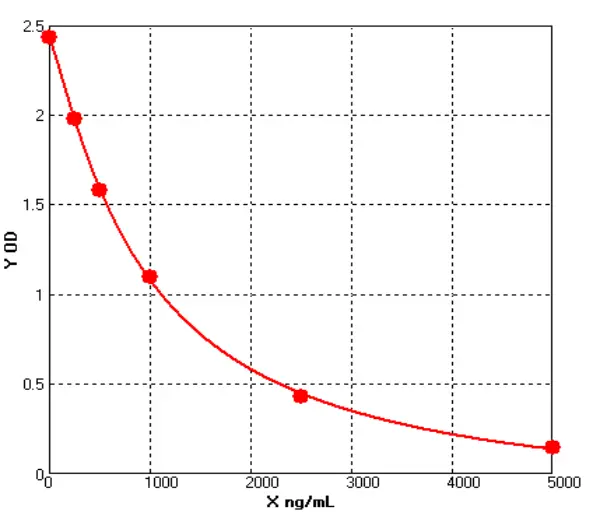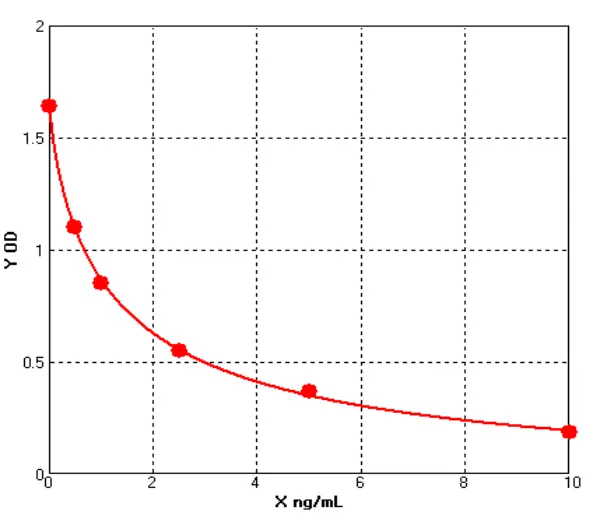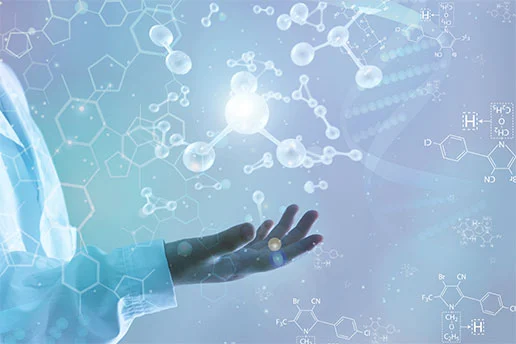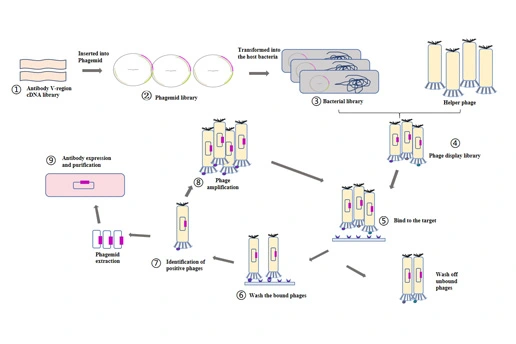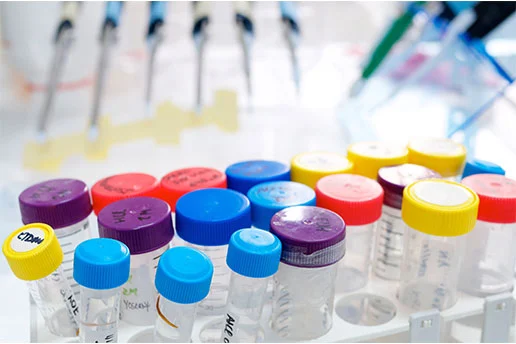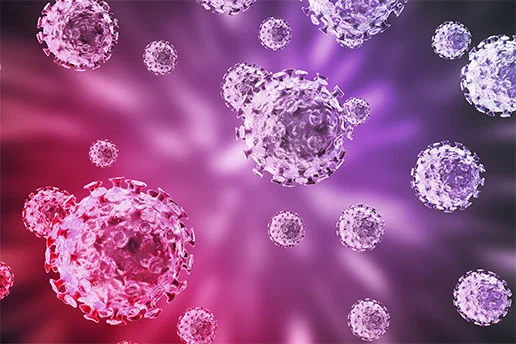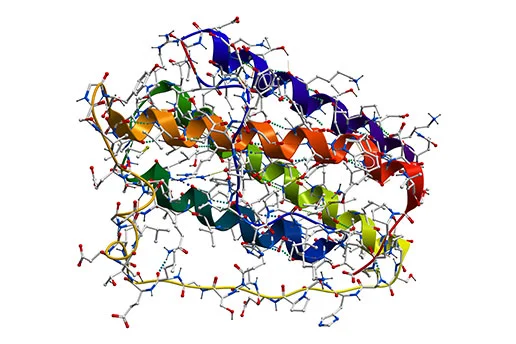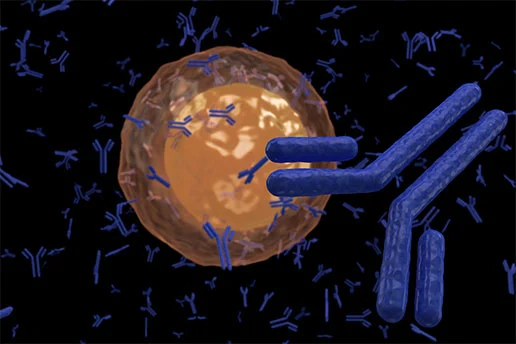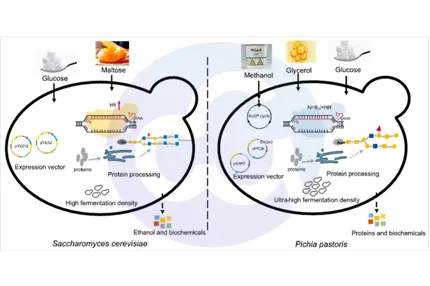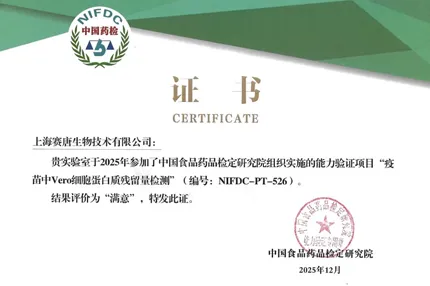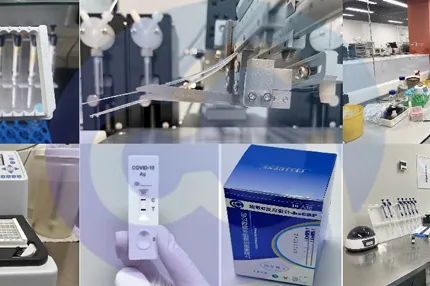-
Host Cell Protein Detection Kits
- CHO Host Cell Protein ELISA Kit
- E. coli Host Cell Protein ELISA Kit
- HEK 293 Host Cell Protein ELISA Kit
- Pichia pastoris Host Cell Protein ELISA Kit
- Ogataea polymorpha Host Cell Protein ELISA Kit, G3
- Saccharomyces cerevisiae Host Cell Protein ELISA Kit, G3
- Spodoptera fugiperda 9 (Sf9) Host Cell Protein ELISA Kit, G3 (Applicable to Sf9 and related cell lines)
- Dilution Buffer
-
Bioprocess lmpurity ELISA Kits
- Human Immunoglobulin G (IgG) ELISA Kit
- Goat Immunoglobulin G (IgG) ELISA Kit
- Human Serum Albumin (HSA) ELISA Kit
- Bovine Serum Albumin (BSA) ELISA Kit
- Dextran Sulfate Salt Detection Kit (Spectrophotometric Method-200 Tests)
- Protein L (PL) ELISA Kit
- Kanamycin (KA) ELISA Kit
- Human Immunoglobulin A (IgA) ELISA Kit
- Human Immunoglobulin M (IgM) ELISA Kit
- Mouse Immunoglobulin G (IgG) ELISA kit
- Bovine Immunoglobulin G (IgG) ELISA kit
- Protein A (PA) ELISA kit-Boiling
- Protein A (PA) ELISA Kit
- Diluent Buffer for Protein L ELISA kit
- Host Cell DNA Residue Detection Kits
- Residual Total RNA Detection Kits (qRT-PCR)
- Antibodies
- Recombinant Proteins
- ELISA Kits
- Cellular Component Protein Library
- Plasmids
- Promotions
-
Yeast Family: Pichia pastoris (GS115) HCP ELISA
1. Application Background:Pichia pastoris is one of the most widely used expression systems for innovative antibody expression in vaccines nowadays. Yeast is extensively applied in modern industry [1]...
Jan.20, 2026Read More > -
Authoritative Certification
Recently, Cellgene Bioscience Co., Ltd. attained another notable achievement. In the Laboratory Proficiency Testing Program for Residual Vero Cell Protein Quantification in Vaccines (Program No.: NIFD...
Dec.23, 2025Read More > -
Building a Quality & Safety Ecosystem for Biopharmaceuticals
1. Background:Quality and safety regulations for Cell and Gene Therapy (CGT) drugs are becoming increasingly globalized, with converging standards across China, the U.S., Europe, and Japan. Major econ...
Dec.19, 2025Read More >
Immunoassay
Among them, enzyme-linked immunosorbent assay has been widely used in the food industry, and it can be used to determine the substances people want to contain and the substances they don't want to contain. For example, people are now concerned about the detection of some substances in food safety: pesticides, drug residues, hormones, auxin, microbial toxins, mycotoxins or enterotoxins, natural toxins, and some additives.
Immunoassay has the advantages of effective sensitivity, specificity, rapidity and low costs. It can be used for routine analysis of a large number of samples, qualitative screening of samples, and quantitative determination of samples for determining the content of components to be tested in samples. Immunoassay technology can be divided into two categories: labeled immunoassay technology and non-labeled immunoassay technology. Labelled immunoassay technology includes enzyme-linked immunoassay technology, radioimmunoassay technology, fluorescence immunoassay technology, colloidal gold immunoassay technology and chemiluminescence immunoassay technology. Non-labelled immunoassay technology includes immunodiffusion and immunoelectrophoresis.
Immune diffusion is the technology of antigen and corresponding antibody molecules to diffuse and meet in the gel and then form antigen-antibody complex precipitation when the suitable concentration ratio is reached. It can detect specific antigens or antibodies. Immune diffusion can be divided into single immunodiffusion, radial immunodiffusion, double immunodiffusion and others.
